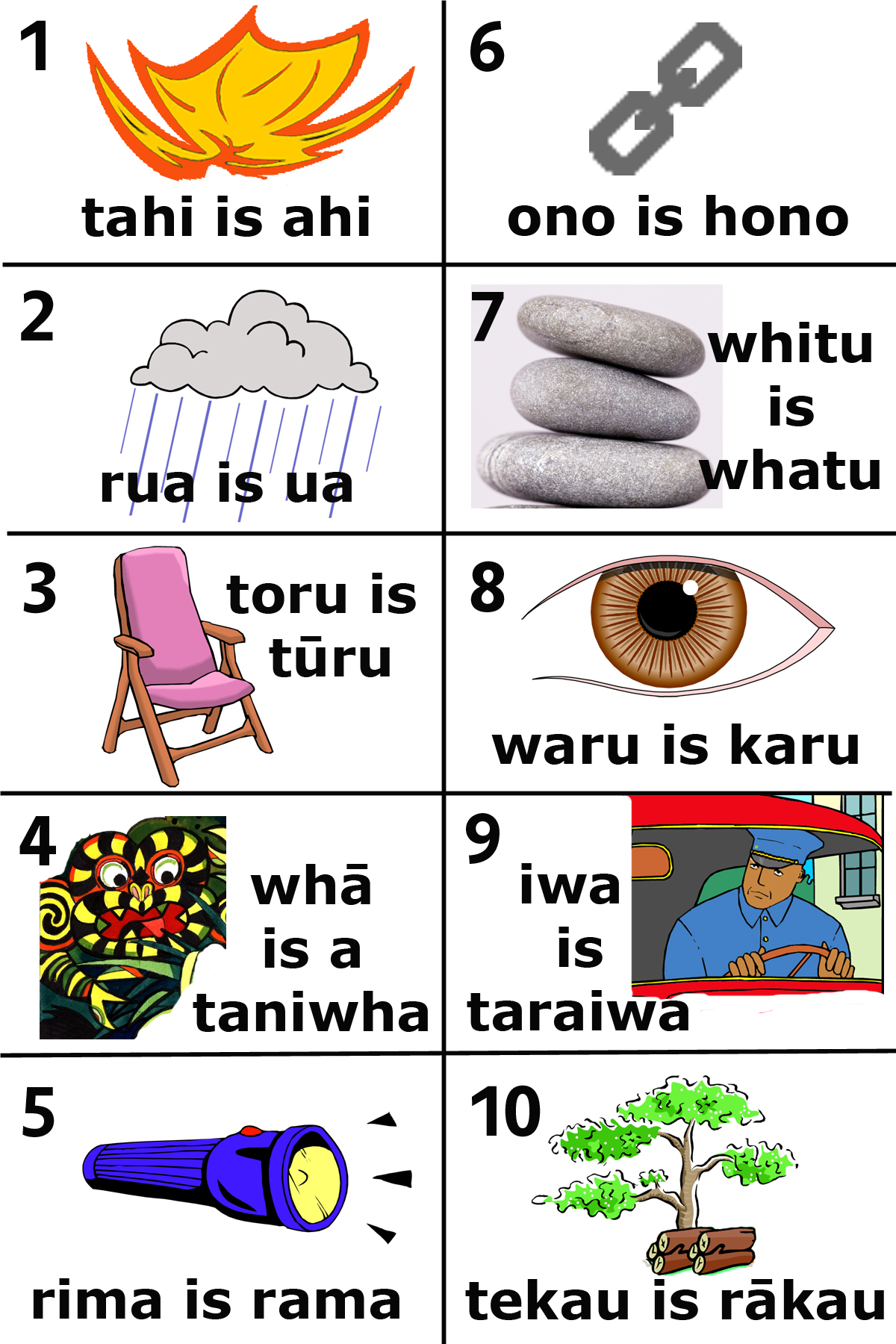The Proto-Indo-European language (PIE) is the ultimate ancestor of many European and Indian languages. The word "proto" indicates it was spoken thousands of years in the past and we have no direct record of it. What we do have is the clear evidence in its descendant languages, from the consistent patterns in the way their words vary, that there was such an ancestor. Following these patterns, scholars have deduced a quite extensive vocabulary — but they are still reconstructed, not ‘real’ words. We can never know exactly how these words were pronounced, or precisely how they were used.
- Strategies
Everyday Strategies
- Lifestyle & Aging
Lifestyle
- Sleep & Circadian Rhythm
- Problems
Forgetting
Absentmindedness
Cognitive Impairment
- How Memory Works
Types of memory
Individual Differences
How the brain works
